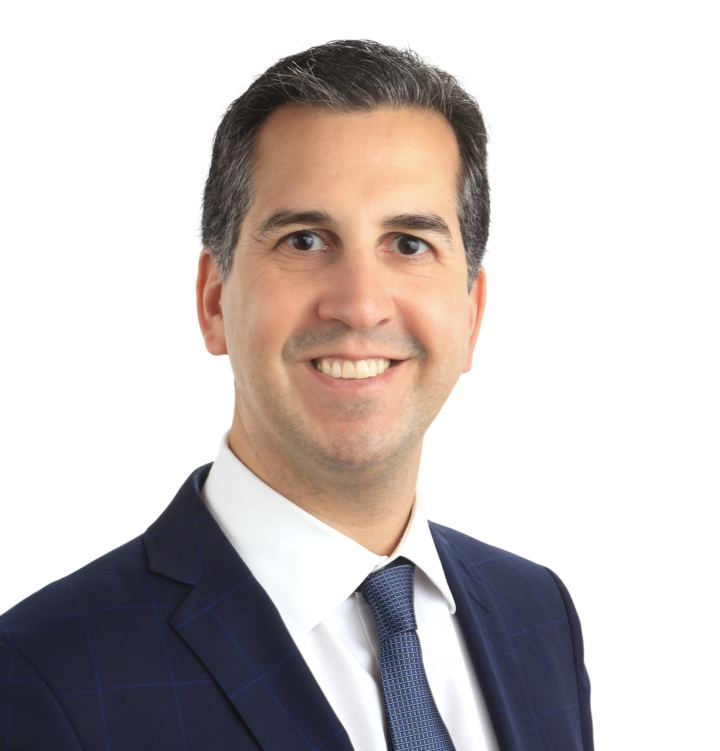The Evolving Role of the CFO – Building Strategic Value in a Challenging Market
- Barclay Stanton, Managing Director | Head of Office of the CFO
Q&A with Office of the CFO (OCFO) Practice Lead Barclay Stanton
What makes OCFO particularly important in the current business environment
The Office of the CFO (OCFO) has never been more critical, especially in the middle market, where businesses are facing the full weight of macro volatility and rising sponsor expectations. Today’s environment is a perfect storm – elevated interest rates, sporadic transaction activity, wage-driven margin pressure and the still emerging, but real artificial intelligence (AI) disruption.
Sponsors are demanding sharper visibility and control, think – detailed and timely value creation tracking, liquidity forecasting that reflects macro influences, tariff impact analysis and more. Yet many finance functions still operate with fragmented systems and manual data stitching. For middle market investors, this gap presents a massive opportunity if addressed properly.
That is where the Portage Point OCFO team steps in. It is not just about improving reporting – it is about building a strategic finance and controllership foundation that drives faster, smarter decisions. From streamlining the close process and enabling scenario planning, to embedding KPI discipline and tech-enabled tooling across the organization, the Office of the CFO becomes the engine room for resilience and scale. Companies that invest here will not just keep pace – they will create meaningful operational value-add and outmaneuver their peers.
When do you recommend companies engage the OCFO team
Ideally, day one. Establishing a strong finance and accounting foundation during new platform onboarding lays the groundwork for scalability and value capture through the investment’s lifecycle. The OCFO team typically starts discussions with sponsors 30 to 45 days before closing, ensuring readiness to support the management team on day one and hit early lender and sponsor deadlines. Post-close, CFOs are under immense pressure to hit the ground running and make a good impression on their new Sponsor – our team focuses on helping them look good in front of their new partner.
For businesses that are already in the hold period, we typically engage during transformations, transitions and transactions – these events almost always require specific skillsets that do not exist within a middle market business or require immediate support on short notice.
How have you seen the CFO role evolve over the past five to 10 years
The CFO role has been evolving rapidly, especially in a PE-backed context. It is no longer just about historical financial stewardship but has fundamentally shifted with more emphasis on strategic analytics, forecasting and operational partnership. While this sounds like a table-stakes requirement for the CFO role, there is broad agreement within the middle market sponsor community that this resource is in short supply. To make things tougher on middle market CFOs, there are two disruptive waves happening within the OCFO – data analytics (DA) and AI.
The DA disruption wave has already been in motion for a few years, and it is transforming how finance functions operate. In many organizations, CFOs are now expected to own both stewardship and strategy around financial and operational metrics. Frankly, no one is better positioned than the CFO to do this well, because the benefits are high – harnessing data and driving insights from the OCFO allows leaders to move beyond reporting the past and into predicting the future (or possible versions of the future) while becoming champions for data-driven decision making. While these sound like buzz words, engraining repeatable tools to inform decision making based on data becomes part of a company’s culture when done well – and investors recognize this when it comes time to transact.
The other major trend is still emerging but will likely be even more impactful – AI. There is plenty of media, literature and hype on this topic , but for good reason – there has never been more capex invested into an emerging technology in such a short time as there has been with AI. Like it or not, AI will be disrupting the OCFO, like it will so many other functions and industries. While the specifics on how this will happen are still emerging, two things are clear, (1) data is a fundamental input (and strategic asset) to enable AI and (2) well-defined, documented and enforced processes \ workflows will be foundational enablers of AI workflows and AI agents.
Many firms provide CFO support, but not all deliver it in a way that drives real operational impact. What is different about how Portage Point approaches OCFO projects
Portage Point does not create slide decks and models for the sake of it. Our teams roll up their sleeves and execute alongside management teams. And while many firms can create a playbook or a model, Portage Point takes the “strategic” in strategic finance very seriously. Sponsors, lenders and management teams recognize the immense value of this – and it is why so many of our clients joke about not wanting to return our team members post engagement.
The other thing clients notice about our OCFO engagements is the highly cross-functional collaboration. Apart from the diversity of skillsets and capabilities on our OCFO team, nearly every engagement leverages team members from Performance Improvement (PI), Transaction Advisory Services (TAS) and / or other practice lines. This brings both continuity and context from transformations and transactions that are a critical part of life within a middle market business.
CLICK HERE TO DOWNLOAD THE PDF
 |
Barclay Stanton Managing Director and Head of Office of the CFO Barclay Stanton is a Managing Director and Head of Office of the CFO (OCFO) at Portage Point Partners, based in the Los Angeles office. With more than 20 years of financial, operational, advisory and entrepreneurial experience, Barclay provides holistic support to management teams and investors. His industry expertise spans consumer and retail, software as a service, manufacturing, distribution, education, business services and entertainment, with a particular focus on leveraging data analytics and technology to build best-in-class finance and accounting functions. |



